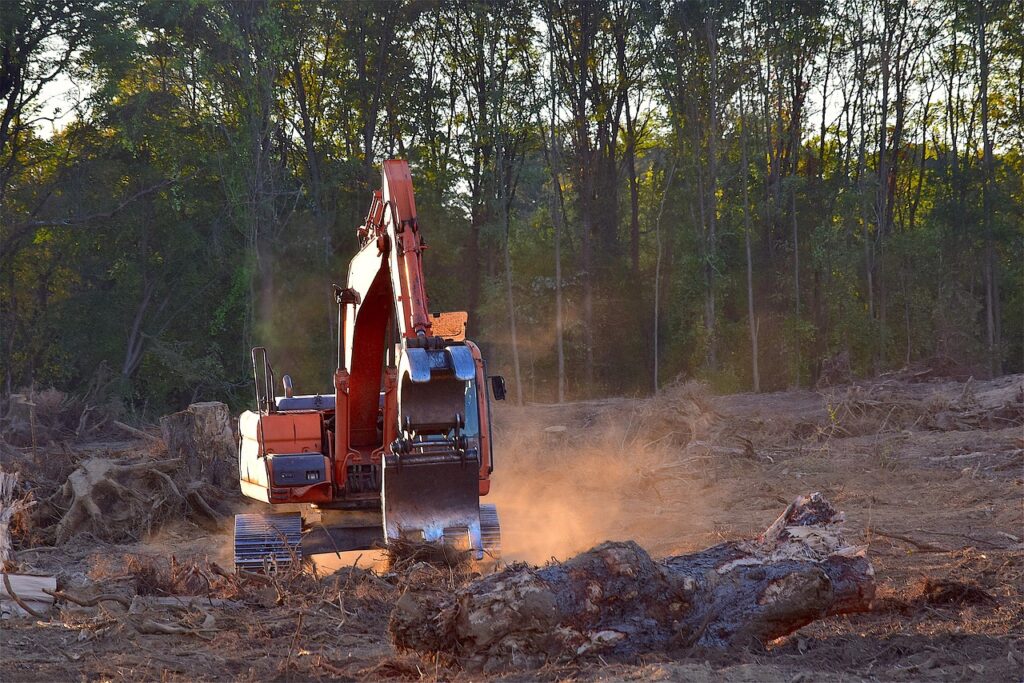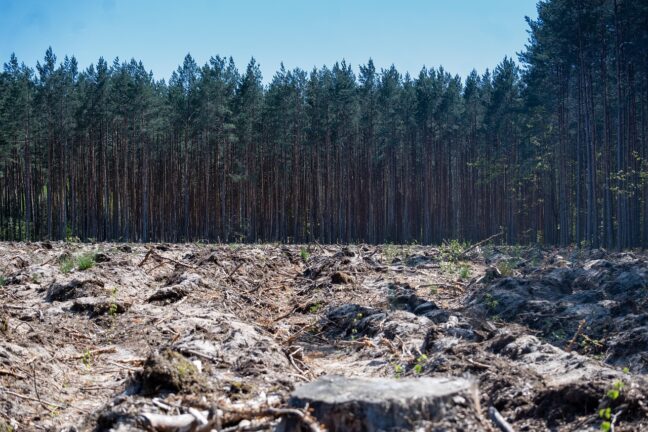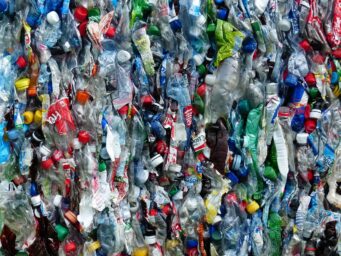With just a few months left before large companies have to comply, the EU published its Guidance Document on the deforestation law earlier this month. It is already clear that simply highlighting products are ‘deforestation free’ will not suffice. Instead, companies must prove they are produced ‘legally’ in a broad sense—covering land rights, labor and corruption laws, and human rights considerations.
Breakthrough….
Spearheaded by rapporteur Christophe Hansen (LUX/EPP), now serving as Agricultural Commissioner, the deforestation law was introduced in 2023 to reduce the EU’s impact on global deforestation, lower greenhouse gas emissions, and curb biodiversity loss. According to the UN Food and Agriculture Organization (FAO), EU consumption accounts for around 10 per cent of global deforestation, primarily linked to palm oil and soy used as livestock feed. The deforestation law (EUDR) should cut this number by obliging traders of products associated with deforestation to ensure their commodities do not contribute to forest degradation, and cover products such as cattle, palm oil, soy, cocoa, coffee, rubber, and wood (as well as derived products such as leather, chocolate, tires, and furniture).
The law passed with 552 votes in favor, 44 against, and 43 abstentions, and was hailed as a breakthrough moment. As Hansen said: “I am relieved that European consumers can now rest assured that they will no longer be unwittingly complicit in deforestation when they eat their bar of chocolate or enjoy a well-deserved coffee.”
… and backtracking
But it did not take long for the influential European Peoples’ Party (EPP) to backtrack on this historic step. In December 2024, Parliament agreed with the Council to delay the law’s introduction by a year (to 30 December 2025 for large companies and 30 June 2026 for micro and small enterprises), citing stakeholder requests for more preparation time. The EPP’s support, wrapped in the broader narrative of wanting to reduce the administrative burden on businesses, was decisive for the Parliamentary majority.
In fact, the party not only pushed for a delay but also sought to narrow the scope of the law. That ultimately did not happen, as the Council failed to agree. Nonetheless, the Greens denounced the EPP’s support for the delay as breaking the cordon sanitaire. “This attack on the Deforestation Regulation was just a glimpse of the determination of the right and its far-right allies to unravel social and environmental gains,” Marie Toussaint (Greens/FRA), shadow rapporteur on the Deforestation Regulation said.

Complex compliance
With the delay, large companies must comply from 30 December 2025, and micro and small enterprises from 30 June 2026. The recently published Commission’s guidance provides long-awaited clarity, even if it is not legally binding.
One of the things the Commission outlines in the guidance is who qualifies as an operator or trader, and therefore falls under the law. It specifics that importers, exporters, and EU-based companies placing products on the market carry wide obligations. Smaller downstream actors face lighter requirements, and “merely have to ascertain that due diligence was properly carried out upstream”.
You might be interested
What is a product?
What exactly is considered a product also long remained unclear. The guidance now clarifies that packaging counts if marketed as a product itself, meaning, for example, that a wooden shipping box must comply. Waste and recycled materials are excluded, but only if the product is entirely recycled. By-products of industrial processes, such as empty fruit bunches or palm kernel shells, even in pellet form, remain within scope, closing potential loopholes.
The document also provides sector-specific clarifications, in particular for timber. Wood products fall under the EUDR even if already covered by the EU Timber Regulation (EUTR), with the new law introducing stricter due diligence and traceability requirements. On top of that, the EUDR conditions for timber products are applicable from 30 December 2025 onwards for both large companies and micro and small enterprises.
Overall, the guidance paints a picture of complex compliance, requiring the examination of, for example, forest permits, satellite data, supplier track records, country of origin, and supply chain traceability. But apart from companies having to carry out risk assessments to prove their products do not come from deforested land, they must also ensure commodities are ‘legally produced’. The EUDR extends into labor rights, indigenous land rights, anti-corruption, and even fiscal laws. Companies importing products linked to deforestation will thus be judged against a wide spectrum of governance standards in producing countries, across all production phases.
Concerns beyond Europe
The challenges of the EUDR are not limited to European businesses worried about regulatory red tape. In fact, producers in exporting countries also fear they lack the financial and technical means to comply with the strict administrative requirements. A director of an Ivorian trading company told Reuters: “Compliance with the regulation requires investments that we cannot make”, stating that his company could face bankruptcy under the new rules.
Critics warn that such the EUDR may ultimately place market access in the hands of large corporations with the capacity to demonstrate compliance, while pushing out smaller suppliers. This shift appears to have already started in anticipation of the EUDR: European coffee importers are increasingly turning away from smallholder farmers in Africa in favor of larger, more easily traceable producers in Brazil.
EPP continues efforts for downscaling EUDR
While the EUDR is set to go into effect as planned, the EPP continues to push for a narrowing of the regulation’s scope. Members argue that more countries should be placed in the “low-risk” category, meaning that trade with countries maintaining stable or expanding forest areas would involve fewer administrative requirements to prove compliance. On top of that, they are advocating for the creation of a new “no-risk” category, which would exempt certain origin countries from due diligence altogether.











